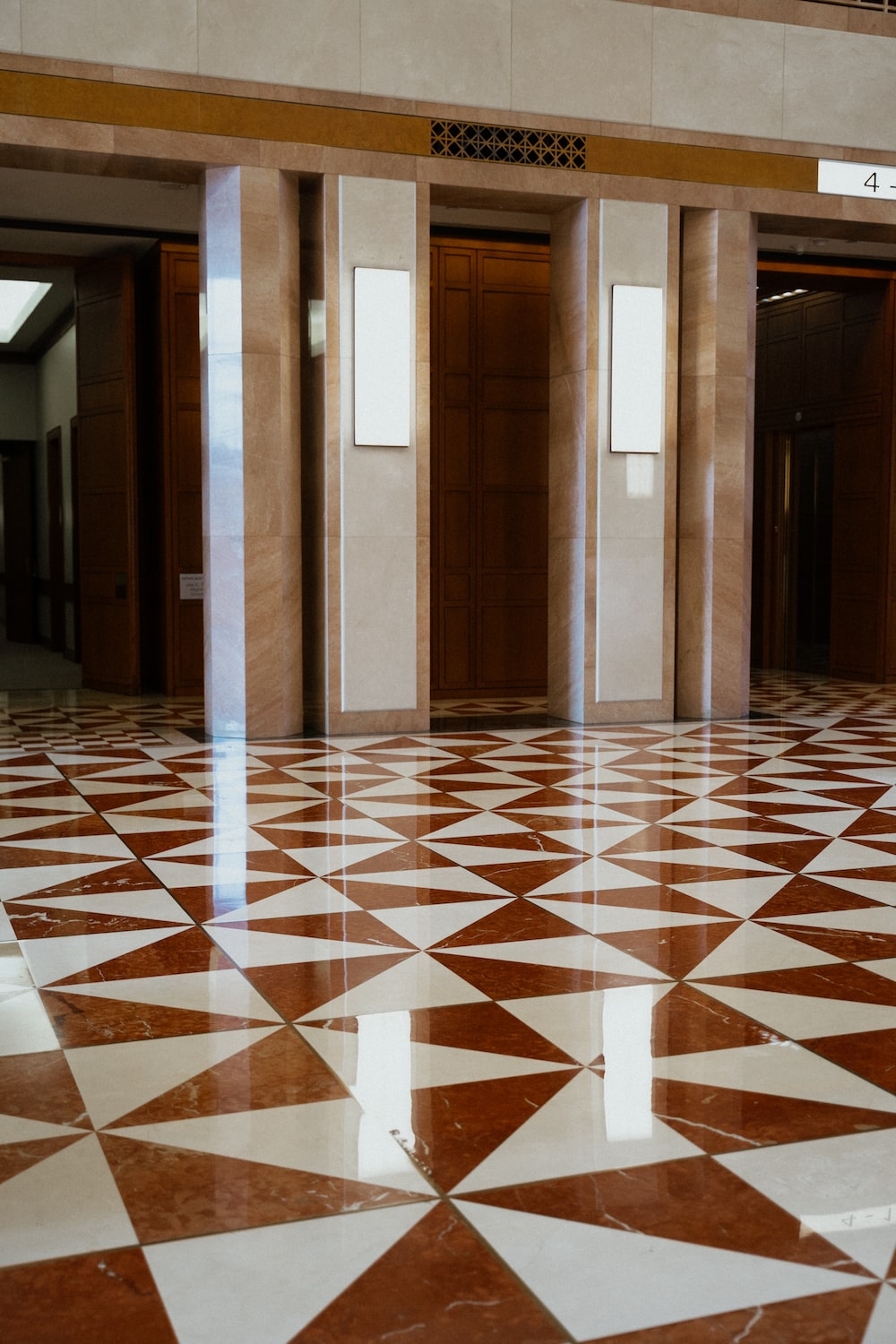Porcelain tile is a type of ceramic that is made from a hard, durable material. It has a smooth surface and is often used in bathrooms, kitchens, and other areas where a hard surface is necessary. There are a few advantages to using porcelain tile over other types of ceramic tile. First, porcelain tile is more durable than other ceramic tiles. It’s been proven to be resistant to wear and tear, which is important for a tile that will be used frequently.
The Advantages of Porcelain Tile
Porcelain tiles are a popular choice for flooring and wall coverings because they offer a number of advantages. Here are some of the main benefits of porcelain tiles:
- Durability: Porcelain tiles are extremely durable and resistant to wear and tear. They can withstand heavy foot traffic and are resistant to scratches, chips, and stains.
- Low maintenance: Porcelain tiles are easy to clean and maintain. They do not require sealing or waxing, and they are resistant to water and moisture.
- Variety of styles: Porcelain tiles come in a wide range of colors, patterns, and styles, so you can choose a look that matches your home decor.
- Easy to install: Porcelain tiles are easy to install and can be cut to fit around corners and edges. They can also be installed over a variety of surfaces, including concrete, wood, and vinyl.
- Hypoallergenic: Porcelain tiles do not harbor allergens or dust, making them a good choice for people with allergies or sensitivities.
- Fire-resistant: Porcelain tiles are resistant to fire and do not burn or emit toxic fumes, making them a safe choice for use in homes and buildings.
- Eco-friendly: Porcelain tiles are made from natural materials and are recyclable, making them a more environmentally friendly choice compared to other types of flooring.
The Disadvantages of Porcelain Tile
While porcelain tiles have many advantages, there are also some potential drawbacks to consider:
- Cost: Porcelain tiles can be more expensive than other types of flooring, such as carpet or vinyl. The cost may vary depending on the size, style, and quality of the tiles.
- Coldness: Porcelain tiles can feel cold underfoot, especially in climates with cold winters. You can use rugs or floor mats to help insulate against the cold, or consider using radiant floor heating to warm up the tiles.
- Slipperiness: Porcelain tiles can be slippery, especially when wet. This can be a concern in areas where there is a lot of water, such as kitchens and bathrooms. You can choose tiles with a rough or textured surface to reduce slippage.
- Hardness: Porcelain tiles are hard and can be uncomfortable to stand on for long periods of time. They may also be noisy when walked on. You can use rugs or mats to reduce noise and provide a more comfortable surface to stand on.
- Installation: Porcelain tiles can be difficult to install, especially if you are not familiar with tiling techniques. You may need to hire a professional to install the tiles, which can add to the overall cost.
- Repair: Porcelain tiles are hard and durable, but they can still crack or chip if subjected to heavy impact. If a tile becomes damaged, it can be difficult to repair or replace without damaging the surrounding tiles.
- Weight: Porcelain tiles can be heavy, which can make them more difficult to handle during installation. They may also require special support or reinforcement when installed on walls or ceilings.
Some Q&A on porcelain tiling
What is porcelain tile?
Porcelain tile is a type of ceramic tile made from a mixture of kaolin, feldspar, and quartz. It is fired at a higher temperature than other types of ceramic tile, which makes it more durable and resistant to moisture, stains, and wear.
How is porcelain tile installed?
Porcelain tile is installed using a process called “tiling.” This involves preparing the surface, laying out the tiles, and attaching them to the surface with a adhesive.
Can porcelain tile be used outdoors?
Yes, porcelain tile can be used outdoors. It is a good choice for outdoor use because it is resistant to moisture and freezing temperatures. However, it is important to use a high-quality adhesive and grout that is suitable for outdoor use.
Can porcelain tile be used on uneven surfaces?
It is generally not recommended to install porcelain tile on an uneven surface. Porcelain tile should be installed on a smooth, level surface to ensure that it is properly supported and does not crack or break. If the surface is uneven, it may be necessary to level it before installing the tile.
Compare terracotta vs porcelain tiles
Terracotta and porcelain tiles are both types of ceramic tiles, but they have some key differences:
- Composition: Terracotta tiles are made from a mixture of clay, sand, and water that is fired at a lower temperature than porcelain tiles. Porcelain tiles are made from a mixture of kaolin, feldspar, and quartz that is fired at a higher temperature, which makes them more durable and resistant to moisture and wear.
- Appearance: Terracotta tiles have a rustic, earthy look due to their clay composition and the fact that they are typically left unglazed. Porcelain tiles can be glazed or unglazed, and they come in a wide range of colors, sizes, and styles, so they can be used to achieve a variety of design looks.
- Durability: Porcelain tiles are generally more durable and resistant to wear, moisture, and stains than terracotta tiles. Terracotta tiles are more prone to scratching and staining, and they may need to be sealed and waxed regularly to protect them from moisture.
- Use: Both terracotta and porcelain tiles can be used on floors, walls, and countertops, but porcelain tiles are more suitable for use in wet areas such as bathrooms and kitchens due to their greater resistance to moisture. Terracotta tiles are more commonly used in outdoor applications due to their natural, rustic appearance.
Overall, porcelain tiles tend to be more durable and versatile than terracotta tiles, but terracotta tiles can add a natural, rustic charm to a space. It’s important to consider the specific needs and design preferences of your project when deciding between the two types of tiles.
Conclusion
Porcelain tile has many advantages, but it does come with a few disadvantages as well. If you are considering porcelain tile for your home, make sure you do your research and consider these pros and cons to find the best tile for your needs.



